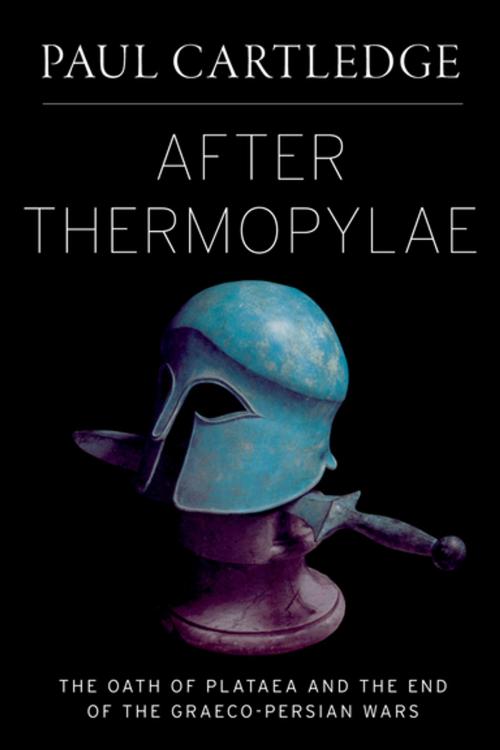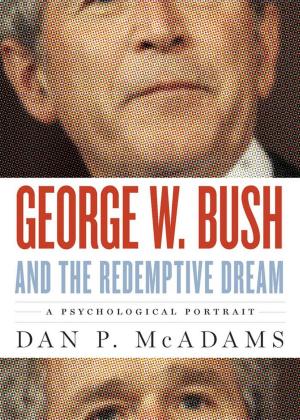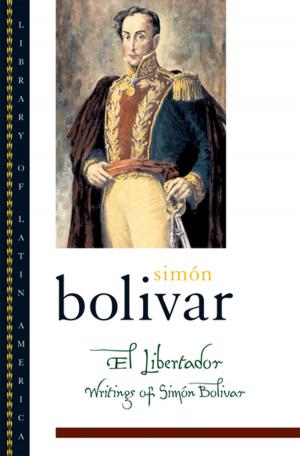After Thermopylae: The Oath of Plataea and the End of the Graeco-Persian Wars
The Oath of Plataea and the End of the Graeco-Persian Wars
Nonfiction, History, Military, Other, British| Author: | Paul Cartledge | ISBN: | 9780199911554 |
| Publisher: | Oxford University Press, USA | Publication: | April 20, 2013 |
| Imprint: | Oxford University Press | Language: | English |
| Author: | Paul Cartledge |
| ISBN: | 9780199911554 |
| Publisher: | Oxford University Press, USA |
| Publication: | April 20, 2013 |
| Imprint: | Oxford University Press |
| Language: | English |
The Battle of Plataea in 479 BCE is one of world history's unjustly neglected events. It decisively ended the threat of a Persian conquest of Greece. It involved tens of thousands of combatants, including the largest number of Greeks ever brought together in a common cause. For the Spartans, the driving force behind the Greek victory, the battle was sweet vengeance for their defeat at Thermopylae the year before. Why has this pivotal battle been so overlooked? In After Thermopylae, Paul Cartledge masterfully reopens one of the great puzzles of ancient Greece to discover, as much as possible, what happened on the field of battle and, just as important, what happened to its memory. Part of the answer to these questions, Cartledge argues, can be found in a little-known oath reputedly sworn by the leaders of Athens, Sparta, and several other Greek city-states prior to the battle-the Oath of Plataea. Through an analysis of this oath, Cartledge provides a wealth of insight into ancient Greek culture. He shows, for example, that when the Athenians and Spartans were not fighting the Persians they were fighting themselves, including a propaganda war for control of the memory of Greece's defeat of the Persians. This helps explain why today we readily remember the Athenian-led victories at Marathon and Salamis but not Sparta's victory at Plataea. Indeed, the Oath illuminates Greek anxieties over historical memory and over the Athens-Sparta rivalry, which would erupt fifty years after Plataea in the Peloponnesian War. In addition, because the Oath was ultimately a religious document, Cartledge also uses it to highlight the profound role of religion and myth in ancient Greek life. With compelling and eye-opening detective work, After Thermopylae provides a long-overdue history of the Battle of Plataea and a rich portrait of the Greek ethos during one of the most critical periods in ancient history.
The Battle of Plataea in 479 BCE is one of world history's unjustly neglected events. It decisively ended the threat of a Persian conquest of Greece. It involved tens of thousands of combatants, including the largest number of Greeks ever brought together in a common cause. For the Spartans, the driving force behind the Greek victory, the battle was sweet vengeance for their defeat at Thermopylae the year before. Why has this pivotal battle been so overlooked? In After Thermopylae, Paul Cartledge masterfully reopens one of the great puzzles of ancient Greece to discover, as much as possible, what happened on the field of battle and, just as important, what happened to its memory. Part of the answer to these questions, Cartledge argues, can be found in a little-known oath reputedly sworn by the leaders of Athens, Sparta, and several other Greek city-states prior to the battle-the Oath of Plataea. Through an analysis of this oath, Cartledge provides a wealth of insight into ancient Greek culture. He shows, for example, that when the Athenians and Spartans were not fighting the Persians they were fighting themselves, including a propaganda war for control of the memory of Greece's defeat of the Persians. This helps explain why today we readily remember the Athenian-led victories at Marathon and Salamis but not Sparta's victory at Plataea. Indeed, the Oath illuminates Greek anxieties over historical memory and over the Athens-Sparta rivalry, which would erupt fifty years after Plataea in the Peloponnesian War. In addition, because the Oath was ultimately a religious document, Cartledge also uses it to highlight the profound role of religion and myth in ancient Greek life. With compelling and eye-opening detective work, After Thermopylae provides a long-overdue history of the Battle of Plataea and a rich portrait of the Greek ethos during one of the most critical periods in ancient history.















